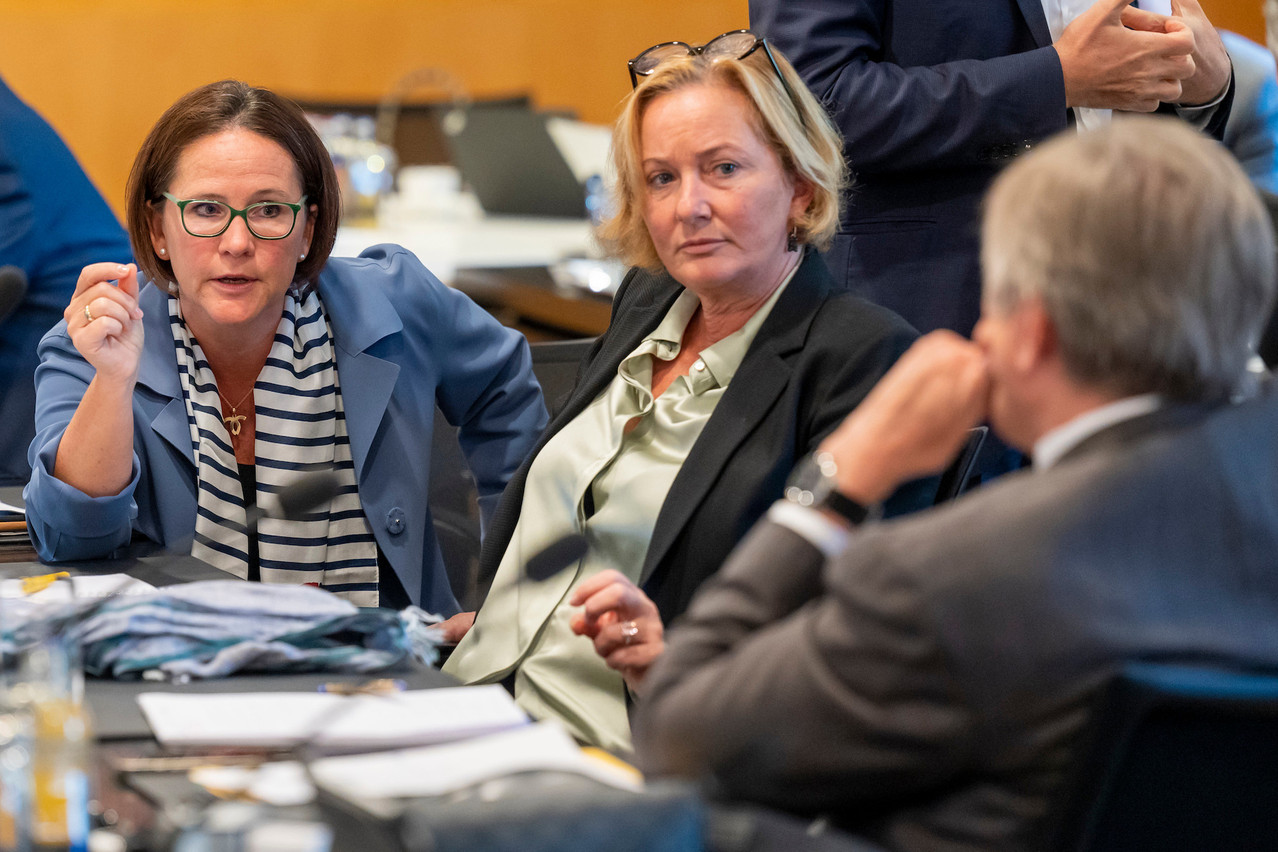The tripartite will not avoid a discussion on the adjustment of the tax scale to inflation. The prime minister, (DP), agreed in a tweet published on Monday to meet the social partners on 28 February, ahead of the meeting scheduled for 3 March, on this subject, as they had requested earlier in the day.
In a press release, the OGBL, LCGB and CGFP asked for an “urgent meeting” with the prime minister, as such an adjustment of the scale was considered “essential” in the current context of inflation “in order to maintain purchasing power.” The three unions, which had already requested--without success--such an adjustment during the last tripartite meetings, are even calling for a discussion on the “concrete modalities of such an adjustment.”
However, listening to minister of finance (DP) on Monday morning on RTL, such an exchange on the practical modalities seems hardly conceivable. She reiterated the position that the DP has held for months: such an adjustment would be “irresponsible” in the current budgetary context, with public finances at half-mast.
Talks underway
However, while the DP seems to be opposed to such a measure for the time being, its coalition partners seem to be more open. It is true that déi Gréng does not want to make it a “priority” in the current context and pleads for targeted measures in favour of small and medium incomes. “The adjustment is mainly in favour of high earners,” argues , co-chair of déi Gréng. That said, “we are ready to discuss all measures, including this one,” he adds.
The LSAP is unambiguous: “We are in favour of an adaptation,” says LSAP parliamentary group chairman . “It is not possible to continue to raise taxes automatically, it is a question of tax equity. Talks are reportedly underway within the coalition to find a “consensus:” “We have made concrete proposals and we are discussing them to see what we can do now,” the MP says.
Many options would be on the table: the adaptation of the scale of course, but also other mechanisms, or even a mixture of the two. “We are ready to discuss everything, but the discussion must take place,” says Cruchten, adding: “This discussion will be all the more important for the coalition as it will be able to demonstrate that it has plans for the future”--a future up to the elections, but also beyond, one can hear.
Six indexations without adjustment
In any case, the opposition is waiting for the government to take a turn. The CSV, which claims to be a supporter of budgetary rigour, has taken the opposite view of the DP by calling for the “neutralisation of inflation in the tax scale,” in the words of the co-chairman of the CSV parliamentary group, . As for the €600m that such a measure would cost, the reasoning is as follows: “People have pre-financed it,” argues the MP. “When there is no adjustment, any new index bracket brings back €300m” into the state coffers.
However, since 2017, there has been no adjustment of the scale and, during this time, six index brackets have been crossed, Roth recalls--not counting the forthcoming indexation at the beginning of April. “It’s huge, it’s never happened before,” he says, adding that this represents “€1.8bn in tax revenue for the state.”
Social partners, members of the opposition, coalition partners: all the players seem ready to fight against each other in the coming weeks over the adaptation of the tax scale, which will be at the heart of the discussions. It is difficult to imagine the outcome at the moment.
This story was first published in French on . It has been translated and edited for Delano.
